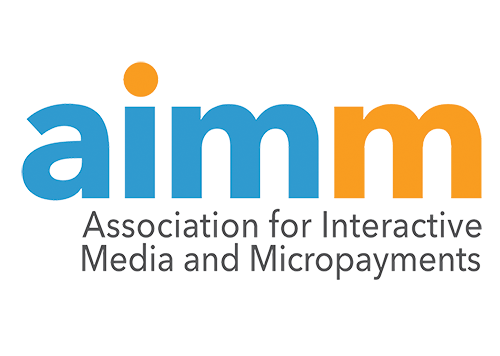28th January 2025
aimm the specialist UK trade association for the interactive media industry are pleased to announce the release of their Google Responsive Display Ads Best Practice Guidance to help businesses not only prosper but stay compliant while they are doing it.
The guidance provides broad principles as a foundation to understanding better ad design for Google Responsive Design Ads (RDA) and to improve compliance with approved industry standards.
Google RDAs is big business, so getting it right is important. Reaching a larger audience and optimising your conversions and boosting click through rates is the goal for any business wanting to advertise. Which is why so many businesses are now turning to RDA’s to do just that.
Google Responsive Display Ads (RDAs) offer advertisers significant benefits by automating the ad creation process, enabling ads to adjust in size, format, and layout to fit various placements across the Google Display Network.
However, this flexibility can create issues when key information or contextual elements, aligned with regulator and MNO codes, are omitted or not displayed in a sufficiently prominent manner. These kinds of issues can lead to consumer confusion, increasing the likelihood of consumer complaints and potentially result in regulatory action.
Industry Guidance
That’s why aimm has created their Best Practice Guide, that came from their new Google Ads Working Group. The Google Ads Working Group formed by aimm and co-chaired by MCP Insight, is for its members to understand the correct requirements, and mitigate any increase in regulatory interest from the incorrect use of Google Responsive Display Ads (RDA).
By following this guidance, Advertisers, including those entering the market for the first time, can help ensure compliance with industry standards. Therefore reducing the risk of regulatory intervention, and protect the long-term sustainability of this advertising channel as a viable and trusted marketing tool.
Joanna Cox, General Manager of aimm said: “aimm’s remit is to work with its members to negotiate the regulatory environment in which they operate. We’re delighted to publish this document, in conjunction with MCP Insight, which is a perfect example of member collaboration, where Merchants across Industry, have come together to proactively create agreed best practices for the good of the consumer and the longevity of the market.”
Some of the topics covered in the paper include key recommendations for ad design, how Google RDAs work, Google Ad policies and examples of advertising flows, as well as an overview of the regulatory requirements for this area to help guide businesses about the best choices available.
The aimm Google RDAs Best Practice guidance is a live document which will continue to be updated as Google polices, and regulatory requirements are renewed to ensure it is a valuable resource for industry for the foreseeable future.
Kev Dawson – Director at MCP Insight added: “MCP are delighted to have worked closely with aimm and its members to gather considered views to enable the publication of this best practice document for Google RDAs. At MCP Insight, we see first-hand how important responsible advertising is – not just for protecting consumers, but also for ensuring a fair, trusted and sustainable market for everyone. This collaborative effort is a great step towards helping businesses navigate the complexities of advertising compliance, while maintaining growth alongside positive consumer experiences.”
Our Google Responsive Display Ads Best Practice Guidance is currently available to aimm members.
To learn more about becoming an aimm Member please visit our information page: https://aimm.co/benefit-table/





